We’re finally in Phase 3! Hooray! Here’s an update on what’s been happening around the country thus far.
Is Singapore Still Conducting COVID-19 Tests?
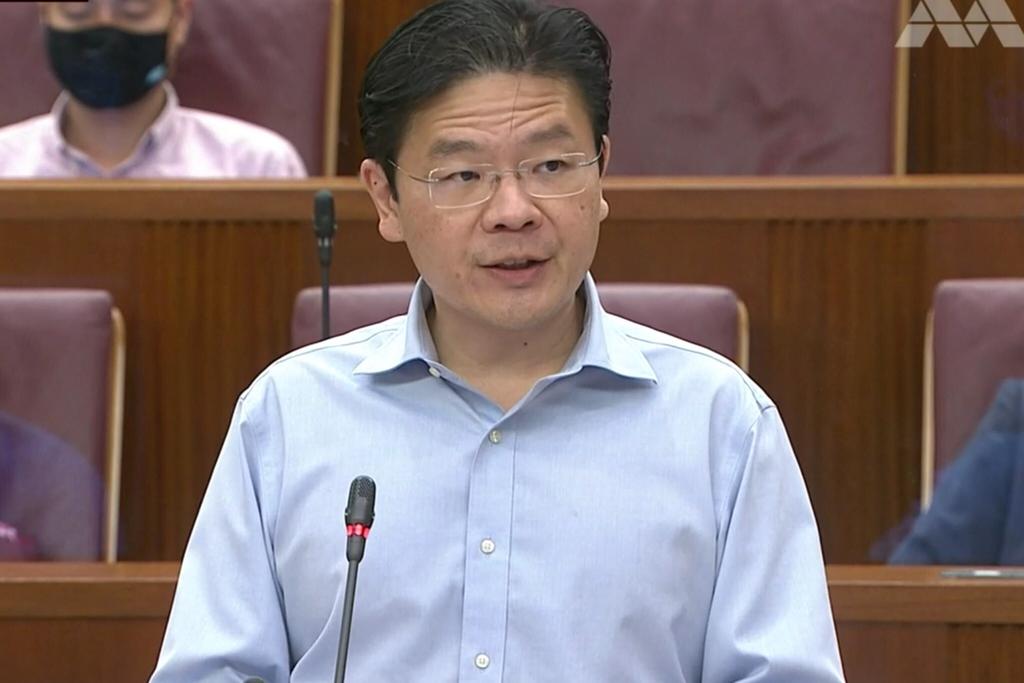
In a ministerial statement on 4 January, Mr Lawrence Wong, co-chair of the Multi-ministry Taskforce on COVID-19 announced that 14,000 people have taken the polymerase chain reaction (PCR) test in December 2020, as those with acute respiratory infections or flu-like symptoms were advised to take the test.
Additionally, rostered routine testing (RRT) was also carried out for those who were engaged in higher-risk activities, such as those in the construction, marine and process sectors, as well as staff at the airport and at hotels that serve as Stay-Home-Notice (SHN) locations.
Tests have also been done on staff at nursing homes, hawkers, as well as public transport operators.
Why are there so many imported cases?
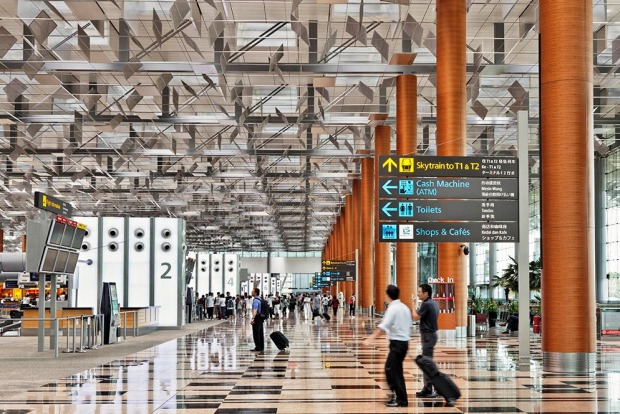
With regard to those entering Singapore’s borders from abroad, Mr Wong also stated that more than 12,000 people, including both PRs and citizens have entered the country without a pre-departure COVID-19 test from higher risk countries between 18 November and 27 December.
In explaining the rationale behind the lack of testing, Mr Wong stipulated, “We do not want to impose additional barriers for them to return home if they have an emergency need to do so.”
Nonetheless, those entering the country are still subject to the following regulations:
- Visitors entering via the new travel lane, Connect@Singapore, will not have to serve a 14-day quarantine, but will be closely monitored.
- Non-citizen and non-PR travellers from higher risk countries are required to take a COVID-19 test within 72 hours prior to their departure to Singapore.
- All residents and migrant workers returning from higher-risk countries will have to serve a 14-day SHN at dedicated facilities, with a test conducted at the end of their stay.
Although vaccinations have begun, Mr Wong expects these regulations to continue, unless there is “clear evidence” that transmission risks can be significantly lowered.
COVID-19 Vaccines in Singapore — What’s the Tea?
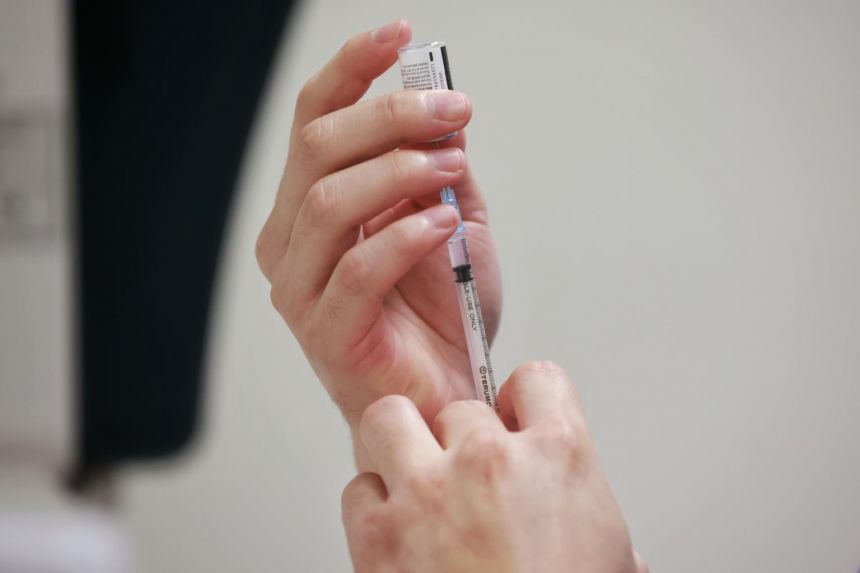
In addressing the concerns regarding the safety of the use of COVID-19 vaccines in Singapore, Health Minister Gan Kim Yong said that the vaccines were only allowed for use after the Health Sciences Authority (HSA) assesses it to be “sufficiently efficacious and safe for use”, and only if the benefits of the vaccine outweigh the risk of any potential adverse effects.
He noted that the Pfizer-BioNTech vaccine has been subject to a “rigorous review process” by the HSA, and that the Morderna and Sinovac vaccines are also going through this review process.
Additionally, an independent expert committee appointed by the Ministry of Health has also reviewed clinical data, and was briefed by HSA on the full range of considerations in granting “interim authorisation”. It has agreed with HSA’s conclusions that the vaccine is suitable for use in Singapore for people aged 16 and above.
Regarding the effectiveness of the new strain of COVID-19 virus in the UK and Europe, Mr Gan said that “there is currently no evidence that the current COVID-19 vaccines are less effective against this strain”. However, experts have also said that “it is unlikely that these mutations would impact the effectiveness of current vaccines”.
What about plans to vaccinate the population?
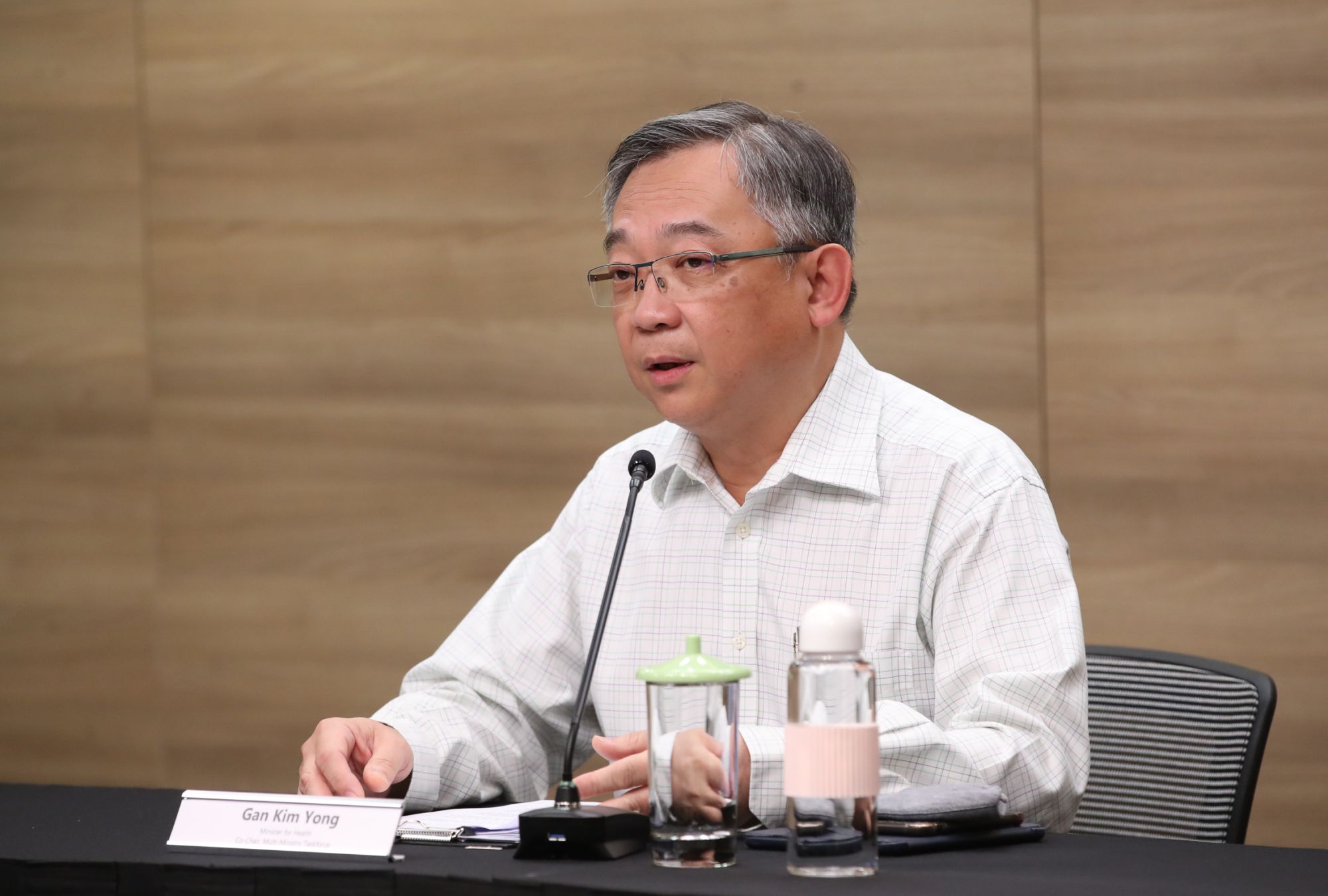
Mr Gan has also confirmed that the authorities are in the process of preparing clinics and vaccination centres for mass vaccination of the population, which will be one of the Government’s main priorities in 2021.
“Prior bookings will be necessary given the cold-chain requirements at the vaccination sites and multi-dose vials of the vaccines. It will also ensure operational efficiency and minimise individual wait times,” he said, adding that more information on how to make the booking will be provided later.
The vaccine is free for all Singaporeans and long-term residents, including long-term work permit holders.
What else is there to look forward to in Phase 3?
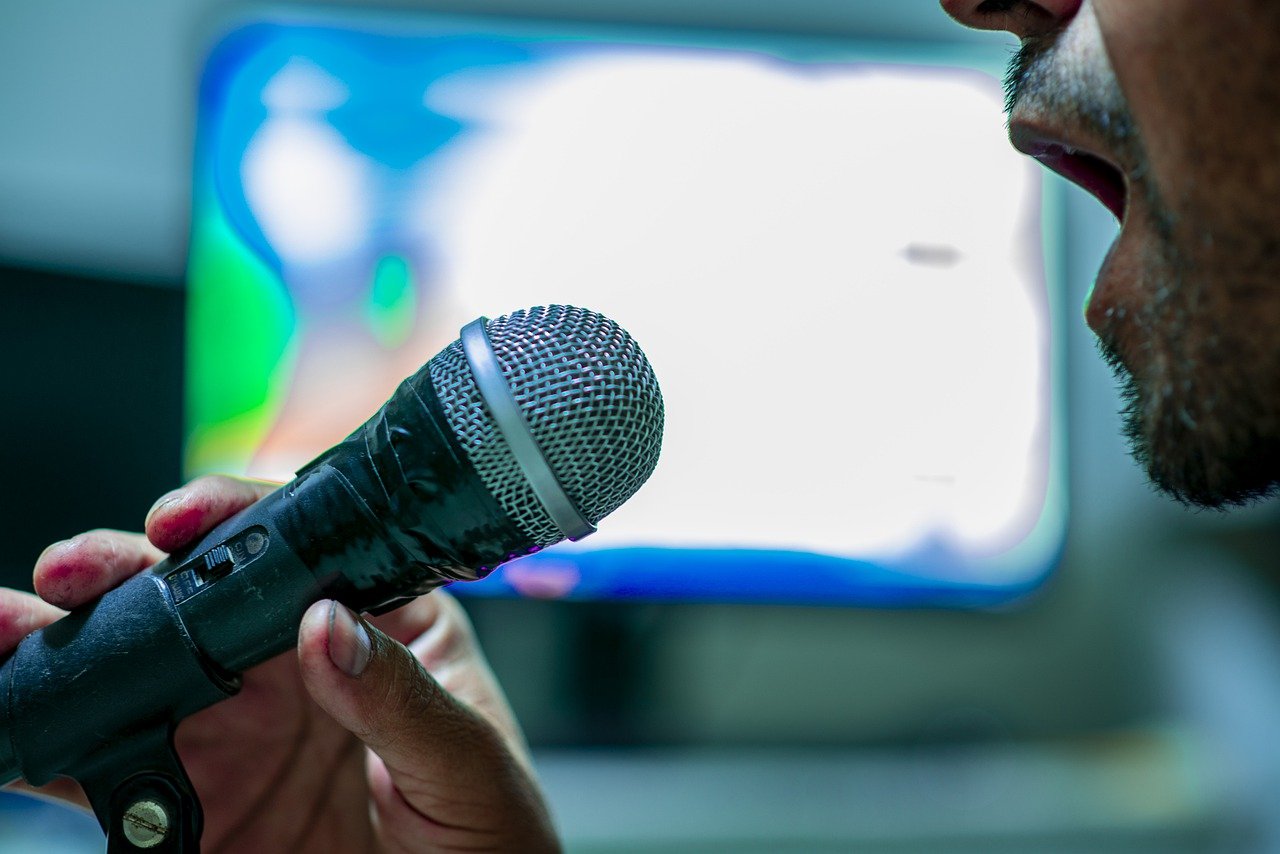
On a lighter note, good news for those who miss belting their hearts out with their friends — the Ministry of Home Affairs has announced that selected karaoke outlets may be allowed to re-open without their customers needed to take a COVID-19 swab test, as part of the pilot programme.
In order for this to happen, these outlets must observe a different set of rules, such as a maximum group size of two, and a ban on liquor consumption.
This announcement comes as an update to an announcement on 6 November last year, where some outlets were allowed to reopen under a three-month pilot programme. However, customers were required to take either an antigen-rapid test, or the polymerase chain reaction test at least 24 hours before the end of their visit.
Join the conversations on THG’s Facebook and Instagram, and get the latest updates via Telegram.














